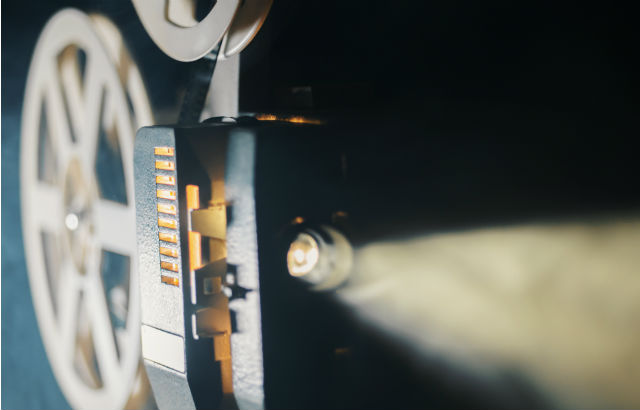Memory studies and film studies
Memory studies is a multi- and at times interdisciplinary, area of inquiry that takes as its objects the processes by which collective memory is shaped in different cultures, the ways in which societies institutionalize collective memory through commemorations of the past in museums, festivals, and so on; and the part played by these activities in producing various forms of social and cultural identity.
In a recent issue of this journal, it was proposed that, as a consequence of its increasing focus on the ways in which memories circulate and migrate in and between cultures, memory studies has become ‘one of the few truly interdisciplinary enterprises that travel easily – if not always comfortably – between the humanities and the social sciences’ (Vermeulen et al., 2012: 224), and the work presented here certainly supports this view. Memory studies is indeed a multidisciplinary field, if not always an interdisciplinary one. It draws on and addresses a considerable diversity of disciplines: psychology, literary studies, history, art history, sociology, cultural and media studies, film studies, and more. While this can be a source of intellectual vitality, there is also the risk that memory studies can become an ‘incoherent and dispersed field, characterized by a host of different terminologies rather than a common, generally agreed-upon conceptual foundation’ (Vermeulen et al., 2012: 224).
Moreover, to the extent that a good deal of work within memory studies has concerned itself with issues like trauma and memory, Holocaust memory, and ’postmemory’ (Hirsch, 1997), there has been a tendency to emphasize the dysphoric as against the pleasurable aspects of cultural memory and to focus on event-memory as against everyday memory. In both these respects, perhaps, memory work on past cinemagoing offers an answer to the call for memory studies to ‘cheer up’ (Vermeulen et al., 2012: 232).
Analysis:
The collective memory of society is often tragic and sad to recall like some soldiers would develop severe PTSD symptoms because of what they experienced in the war. Collective memories formed by movies are sometimes the most pleasant one to be remembered by society. Taking movies produced by Marvel Studio as an example, by watching the Marvel movies young people around the world have formed a collective memory of it. Like what the author writes, “perhaps, memory work on past cinemagoing offers an answer to the call for memory studies to ‘cheer up’”, other than the movies, people would also remember the time they spent with a room of strangers for hours and the moments they cheered, laughed, and cried together.




